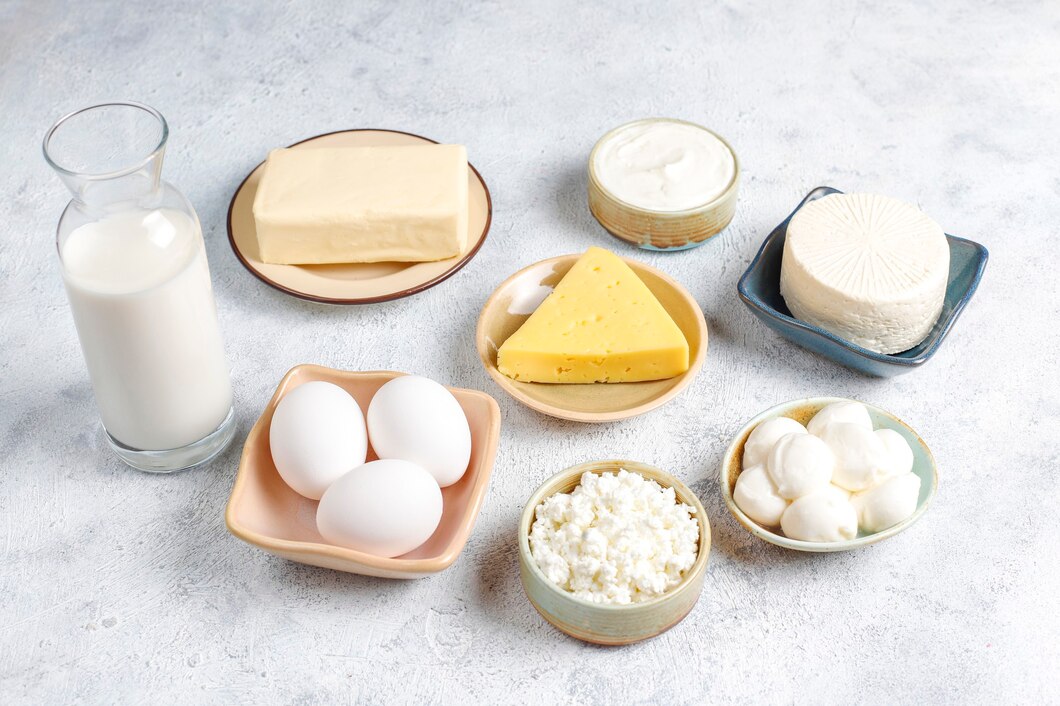Acne is a common skin condition that affects people of all ages. While genetics and hormones play significant roles, diet can also impact the health of your skin. For South Africans looking to reduce acne and improve their complexion, avoiding certain foods can make a noticeable difference. Here are 20 foods to avoid to help prevent acne:
20 Foods South Africans Should Avoid to Prevent Acne
Acne is a common skin condition that affects people of all ages. While genetics and hormones play significant roles, diet can also impact the health of your skin. For South Africans looking to reduce acne and improve their complexion, avoiding certain foods can make a noticeable difference. Here are 20 foods to avoid to help prevent acne:
1. Sugar-Rich Foods
High sugar intake spikes insulin levels, which can increase sebum production and lead to acne. Avoid sugary foods like sweets, pastries, and sugary drinks.
2. Dairy Products
Milk and other dairy products can cause hormonal imbalances that may contribute to acne. Consider reducing or eliminating milk, cheese, and yogurt from your diet.
3. Refined Carbohydrates
Refined carbs like white bread, pasta, and rice can cause blood sugar spikes, leading to increased oil production and acne. Opt for whole grains instead.
4. Fast Food
Fast food is often high in unhealthy fats, sugars, and refined carbs. Regular consumption can contribute to poor skin health and acne.
5. Chocolate
Chocolate, especially milk chocolate, contains high levels of sugar and dairy, which can exacerbate acne. Dark chocolate with low sugar content is a better alternative.
6. Fried Foods
Fried foods contain trans fats and unhealthy oils that can increase inflammation and sebum production, leading to acne breakouts.
7. High-Glycemic Foods
Foods with a high glycemic index, like white bread and sugary cereals, can cause rapid spikes in blood sugar and insulin levels, worsening acne.
8. Processed Meats
Processed meats, such as sausages and bacon, contain high levels of sodium, preservatives, and unhealthy fats, which can contribute to skin inflammation and acne.
9. Caffeinated Drinks
Excessive caffeine from coffee, energy drinks, and sodas can stress the adrenal glands, leading to hormonal imbalances and acne.
10. Alcohol
Alcohol can dehydrate the skin, disrupt hormone levels, and impair liver function, all of which can contribute to acne.
11. Spicy Foods
Spicy foods can trigger inflammation and heat in the body, which can aggravate acne-prone skin.
12. Soy Products
Soy contains phytoestrogens that can disrupt hormone levels and potentially worsen acne. Limit soy milk, tofu, and other soy-based products.
13. Peanuts
Peanuts and peanut butter contain androgens, which can increase sebum production and lead to acne. Opt for other nuts like almonds or walnuts.
14. Whey Protein
Whey protein supplements can increase insulin-like growth factor (IGF-1), which can stimulate sebum production and exacerbate acne.
15. Shellfish
Shellfish, such as shrimp and lobster, contain high levels of iodine, which can aggravate acne in some individuals.
16. Foods High in Omega-6 Fatty Acids
Excessive intake of omega-6 fatty acids from foods like vegetable oils and processed snacks can increase inflammation and worsen acne. Balance with omega-3 fatty acids from fish and flaxseeds.
17. Fruit Juices
Even though they seem healthy, fruit juices can be high in sugar, which can lead to insulin spikes and acne. Opt for whole fruits instead.
18. Artificial Sweeteners
Artificial sweeteners can disrupt gut health and potentially worsen skin conditions like acne. Use natural sweeteners like stevia or honey in moderation.
19. Gluten
For some individuals, gluten can cause inflammation and skin issues, including acne. Consider a gluten-free diet if you suspect sensitivity.
20. Dried Fruits
Dried fruits often contain added sugars and have a high glycemic index, which can contribute to acne. Fresh fruits are a healthier option.
Tips for Clearer Skin
- Hydrate: Drink plenty of water to keep your skin hydrated and flush out toxins.
- Balanced Diet: Focus on a balanced diet rich in vegetables, fruits, lean proteins, and healthy fats.
- Regular Exercise: Regular physical activity can help manage stress and improve circulation, contributing to healthier skin.
- Proper Skincare: Maintain a consistent skincare routine tailored to your skin type, including cleansing, moisturizing, and using sunscreen.
While avoiding these 20 foods can help manage acne, it’s important to remember that individual reactions to food can vary. Keeping a food diary to track what you eat and your skin’s response can be a useful tool in identifying specific triggers. Combined with a balanced diet, proper skincare, and healthy lifestyle choices, you can improve your skin’s health and reduce acne breakouts.








